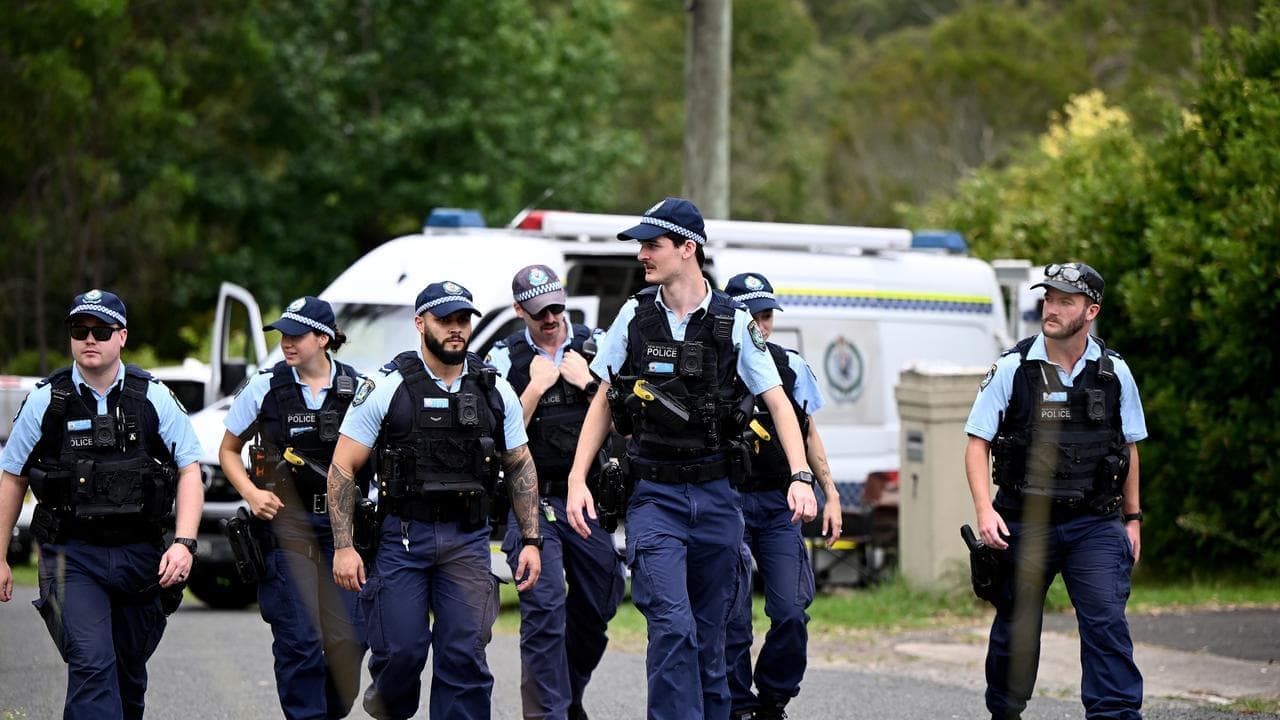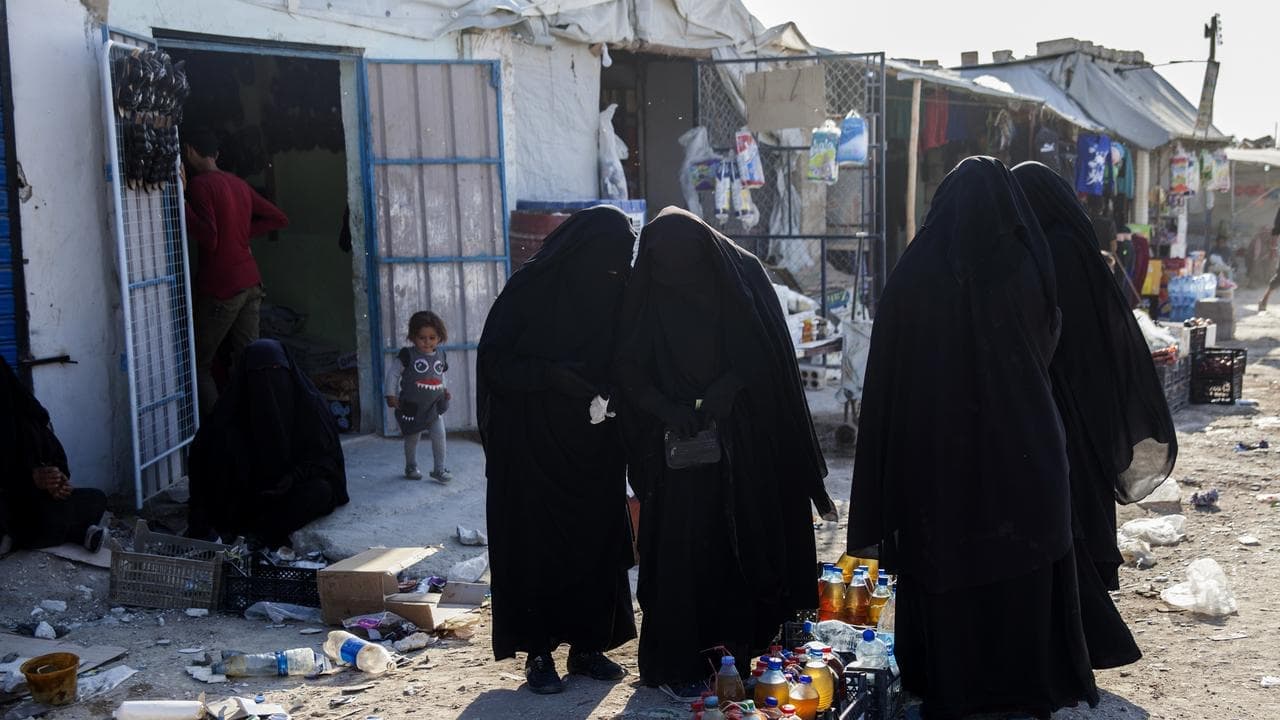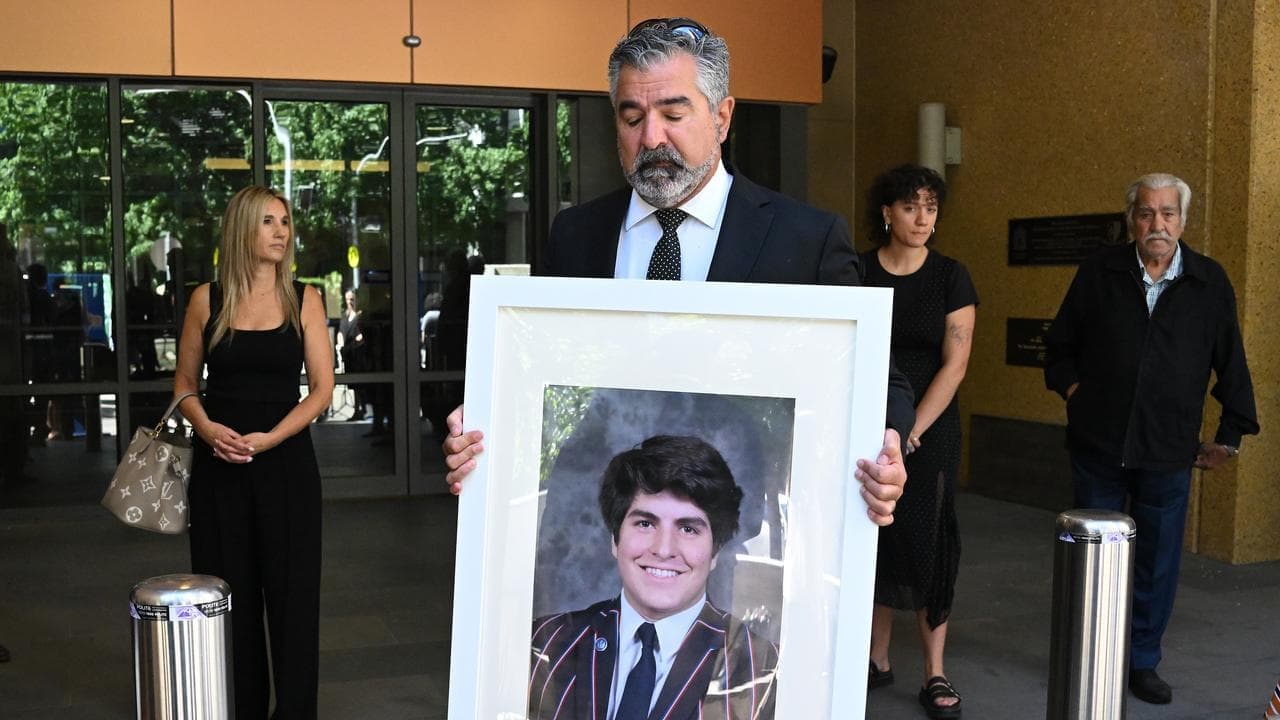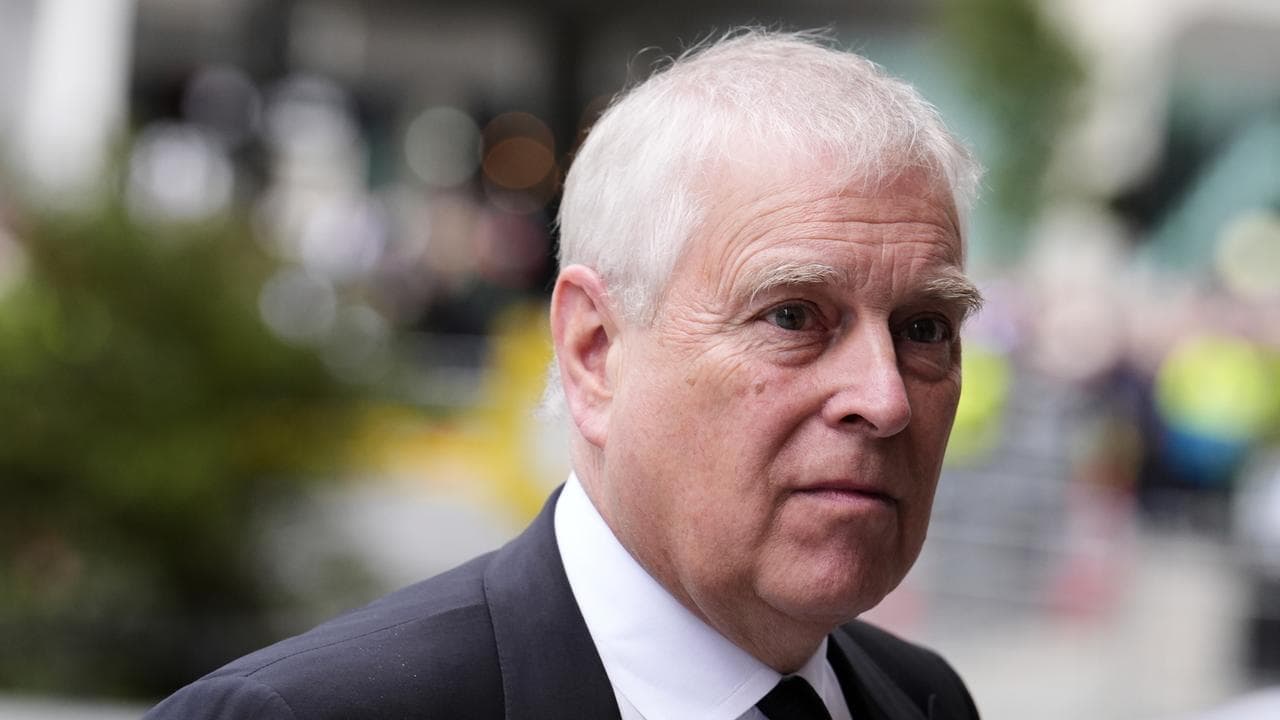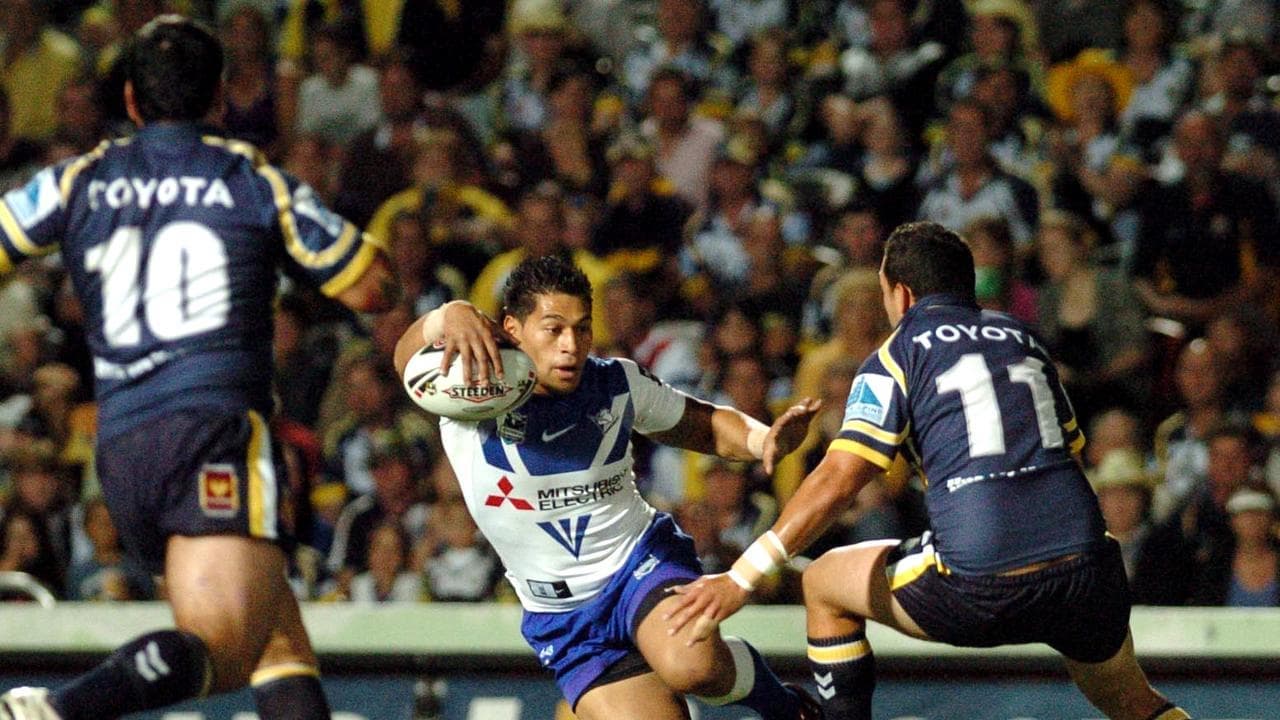WHAT WAS CLAIMED
The Indigenous voice to parliament would give the federal government the power to form new states.
OUR VERDICT
Misleading. The Australian Constitution already gives parliament the power to create new states. The voice would not change those powers.
Pauline Hanson claims that if voters approve an Indigenous voice to parliament, the federal government will have the power to establish new states including a potential "Black state" carved out of the Northern Territory.
This is misleading. Chapter VI of the Australian Constitution already gives the federal parliament the power to create new states.
The proposed Indigenous voice to parliament, which will be voted on at a referendum this year, would not give the parliament or the federal government any new powers to change state and territory borders.
Senator Hanson has made the claim at least twice.
At an anti-voice meeting in Adelaide on June 23, she said amending the constitution to establish an Indigenous voice would give "permission to the government to go and make whatever legislation they want to. And part of that legislation, what they could do, is actually form another state in Australia" (video mark 8min 56sec).
The One Nation leader repeated the claim during a video interview published on Facebook (screenshot here) on July 10, saying: "Once you enshrine it (the voice) in the constitution, that's where they can make the legislation, the laws around that because you've given them the authority … You don't know what they're gonna do. So they, as I've said, they can separate the Northern Territory, make it into an Aboriginal Black state… And if you challenge that, that can be taken to the High Court" (video mark 44min 52sec).

When contacted for clarification of the claim, a spokesman for Senator Hanson told AAP FactCheck that if a voice was established it "could make representations demanding Indigenous-exclusive seats in parliament or the creation of an Indigenous sovereign state, and this could certainly create an obligation on parliament to consider these proposals".
"Anthony Albanese has said it would be a very brave government that ignored advice from (the) voice," the spokesman added.
If the voice referendum is successful, the proposed Indigenous body will be recognised in the constitution via a new section 129, which grants parliament the power to make laws "with respect to matters relating to the Aboriginal and Torres Strait Islander Voice, including its the composition, functions, powers and procedures".
But constitutional law academic Professor Emerita Anne Twomey told AAP FactCheck that Section 129 will only grant parliament the power to make laws about matters relating to the operation of voice, "not the making of new states".
"It does not give permission to the government (or more accurately, the parliament) to make 'whatever legislation they want'," Prof Twomey said in an email.
"Section 121 of the Constitution already provides that parliament may establish new states, and the proposed referendum does not alter it."

The wording of Section 121 - which says parliament "may admit to the Commonwealth or establish new States" - has not changed since the constitution was given royal assent in 1900.
Prof Twomey said that the proposed new section of the constitution (Section 129) would also include a qualifier that says parliament's power to legislate in relation to the voice is 'subject to this Constitution'.
"This means that it is subject to the existing powers within Chapter VI of the constitution concerning the making of new states," she said.
"The last time statehood was proposed for the Northern Territory, a referendum was held in the Northern Territory to ask the people whether they wanted statehood. They rejected it."

Professor Adrienne Stone, a constitutional law expert at the University of Melbourne, also told AAP FactCheck that Senator Hanson's claim was wrong.
"There is a section in the constitution that governs the creation of new states (section 121)," Prof Stone told AAP FactCheck.
"The creation of the voice would not change these powers."
As explained here, an Indigenous voice to parliament would make representations to the parliament and the executive government on matters relating to Aboriginal and Torres Strait Islander peoples but would not have any veto powers.
AAP FactCheck has previously addressed a similar claim here.
The Verdict
The claim that the Indigenous voice to parliament would allow the government to form a new "Black state" in the Northern Territory is misleading.
Experts told AAP FactCheck that the Australian Constitution already gives the federal parliament the power to create new states. The proposed voice to parliament would not affect those powers in any way.
Misleading – The claim is accurate in parts but information has also been presented incorrectly, out of context or omitted.
AAP FactCheck is an accredited member of the International Fact-Checking Network. To keep up with our latest fact checks, follow us on Facebook, Twitter and Instagram.







